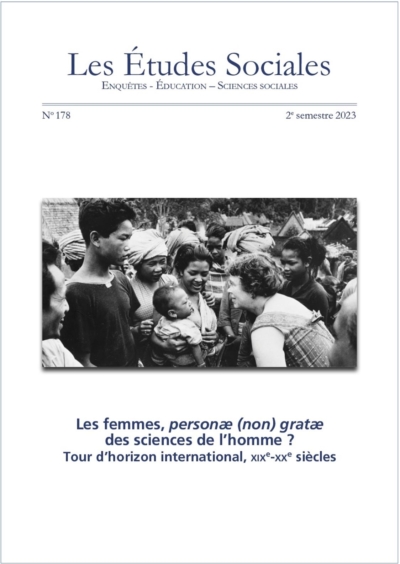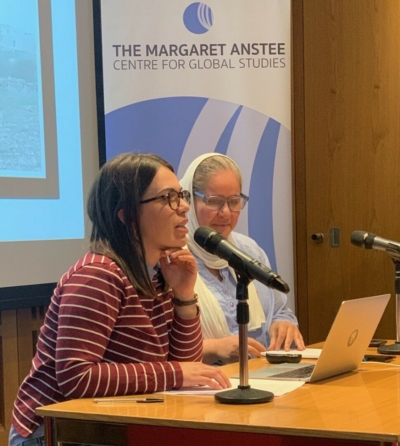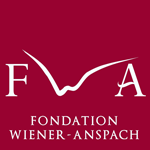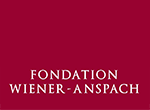 Marie Linos, PhD in History, Art History, and Archaeology (ULB), is currently in her second year of research at the University of Oxford, working with Prof. Siân Pooley (Faculty of History) on a project titled “How significant is the Other: British couples of scholars and the making of a Transatlantic social science (1890-1940)”.
Marie Linos, PhD in History, Art History, and Archaeology (ULB), is currently in her second year of research at the University of Oxford, working with Prof. Siân Pooley (Faculty of History) on a project titled “How significant is the Other: British couples of scholars and the making of a Transatlantic social science (1890-1940)”.
The Royal Academy of Belgium recently awarded her the 2023 Annual Competition Prize (second question) for her dissertation “Dans la fabrique de l’Encyclopaedia of the Social Sciences (1930-1935): Circulations transatlantiques des savoirs du social dans l’entre-deux-guerres”.
With her colleagues Mélanie Fabre (Université de Picardie Jules Verne) and Margot Elmer (European University Institute), Marie Linos coordinated two issues of the journal Les Études Sociales titled “Women: Personæ (non) gratæ in the humanities and social sciences?”. The first issue covers France in the nineteenth and twentieth centuries (n. 177), ant the second offers an international overview of the same period (n. 178).
Fadia Panosetti, PhD in Political and Social Sciences (ULB), is based in Cambridge, where she is conducting research on the theme “Export-oriented agricultural clusters, agribusiness development and the transformation of rural communities’ land tenure and livehood systems in Israel/Palestine. The case of avocado plantation in Qalqilya”. Thanks to an extension of her postdoctoral grant, she will continue her work with Dr Emma Mawdsley and Dr Mezna Qato (Margaret Anstee Centre for Global Studies) during the 2024-2025 academic year.

Fadia Panosetti and Mezna Qato, Newnham College (Cambridge), 2 May 2024.
Dr Panosetti recently presented her research at two events. On May 24, she and Dr Qato gave the seminar “Land and Agrarian Questions in Palestine” at Newnham College (video). From June 10 to 12, she participated in the 2024 Political Ecology Network conference, where she presented a paper titled “The politics and practices of avocado cultivation: Exploring contested agrarian imaginaries in Palestine/Israel” during the panel “Contested Imaginaries? Eclectic Pathways of Agrarian Change”, organised by Irna Hofman (University of Oxford) and Michael Spies (Eberswalde University for Sustainable Development).
Abstract
This paper explores the politics and practices of avocado cultivation in the Palestinian/Israeli context. In the northern rural highlands of the West Bank, vegetables and citrus trees have been increasingly replaced over the past decade by avocados aimed at foreign markets, especially in the Arab World. The Palestinian Authority, together with international organizations, has promoted the cultivation of this high-value crop by presenting it as an opportunity to delink from the Israeli economy and resist settler colonial land dispossession. However, participant observation and semi-structured interviews conducted in the summer 2023 have shown that while some farmers have embraced this narrative and transformed their farm production systems into avocado monocultures in the hope of obtaining higher land returns, others have rejected it. For the latter, opposing settler colonial processes of dispossession and de-agrarianization means restoring agroecological farm production systems where avocados are grown alongside other fruits and vegetables. Centering the voices of farmers with regard to their avocado farming practices, this paper shows how agrarian spaces and subjectivities change not only in relation to state and capital interventions but also to the ways in which heterogeneous Palestinian rural communities interact, oppose, and navigate these processes, thus making choices for their future.


